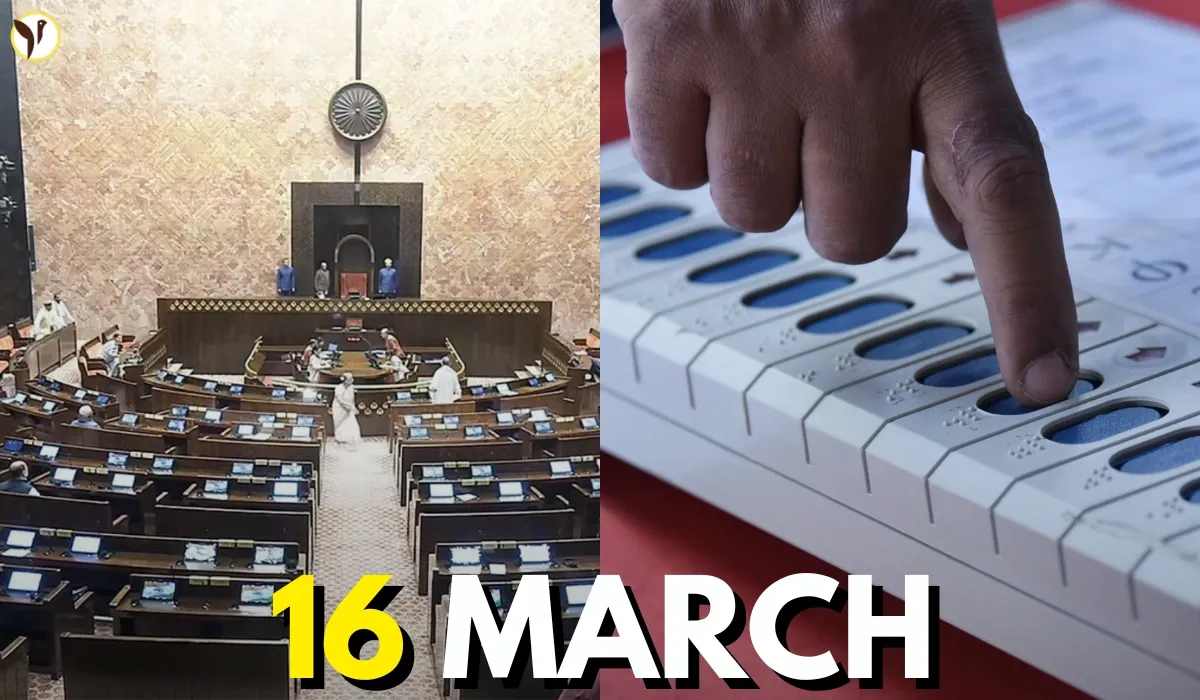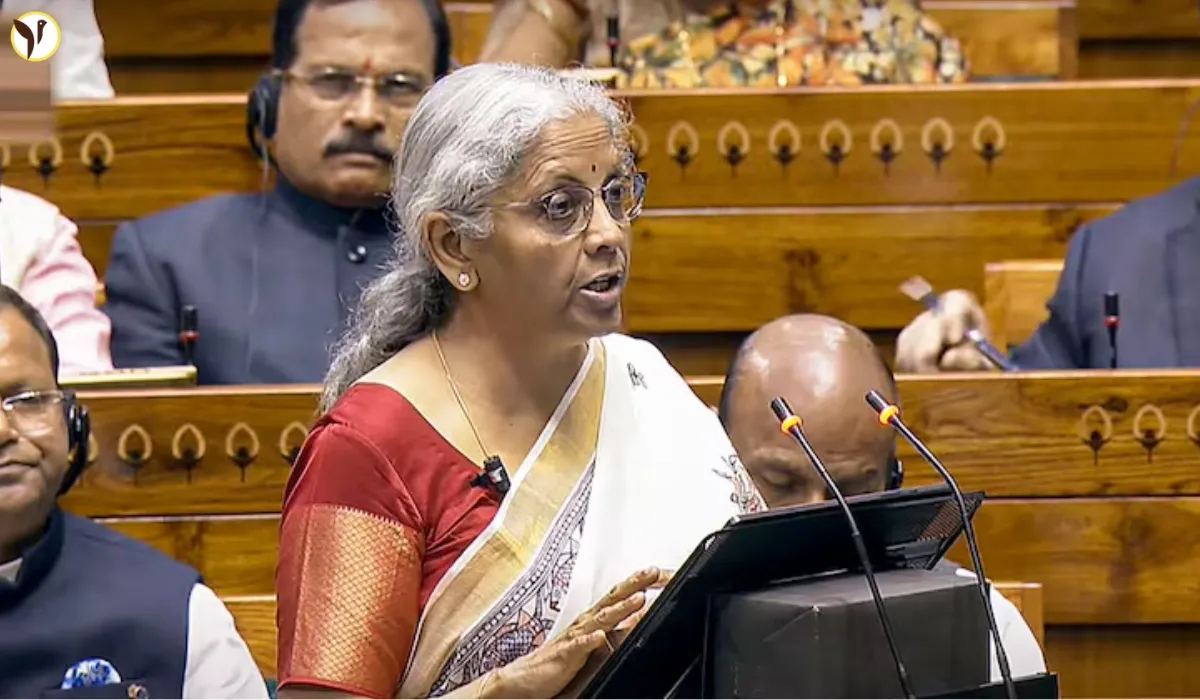NHS Pay Rise 2025: Anger and Uncertainty
So, the big NHS pay rise announcement is finally here, and, honestly, it's a bit of a mixed bag. It's a story of winners and losers, and a whole lot of uncertainty. The government's decision has left many NHS staff feeling undervalued and undervalued, while others, like teachers, are cautiously optimistic.
Doctors and Teachers Celebrate
Doctors and teachers in England are getting a 4% pay rise. That's the headline grabber. But even that "win" is tainted by the context. Both the British Medical Association (BMA) and the National Education Union (NEU) aren't exactly thrilled. The BMA, representing doctors, called the average 5.4% increase for junior doctors "woefully inadequate," citing years of below-inflation pay. The NEU echoed similar sentiments, worried that schools won't receive extra funding to cover the cost of the pay rise.
The Breakdown:
- Doctors and Dentists: 4% rise + £750 top-up for resident doctors (averaging 5.4%)
- Teachers: 4% rise
- Other NHS Staff (Nurses, Midwives, etc.): 3.6% rise
Nurses Furious Over Pay Disparity
This is where things get really tense. Nurses, along with other NHS staff on Agenda for Change contracts, are getting a 3.6% increase. The Royal College of Nursing (RCN) called this “grotesque,” pointing out the bigger increase for doctors. They feel utterly disregarded; the RCN is consulting members on whether to strike. It's a hugely important decision. I honestly feel for them. Fifteen years of pay erosion is nothing to shrug off.
The Health Secretary, Wes Streeting, called the nurses' pay rise "above inflation," but the RCN immediately countered, saying it would be "entirely swallowed up" by rising prices. The Institute for Fiscal Studies (IFS) also weighed in, suggesting the 4% teacher pay rise would only offer a small real-terms increase given inflation forecasts.
Funding and the Future
The government says it's found the money for these pay increases by cutting waste and bureaucracy – things like reducing temporary staff and streamlining processes. They insist frontline services won’t be affected. But the NEU and other unions are skeptical, fearing cuts elsewhere within the system. The education department did announce £615 million in extra funding to cover the teacher pay rise, but schools will have to find an additional 1% themselves, leaving everyone wondering how that's achievable.
The situation feels incredibly volatile. With the RCN and potentially the BMA planning strike ballots, we could be facing yet another wave of industrial action in the NHS. The longer term pay structure for nurses, set for 2026/27, might offer some hope in fixing the problems, but for now, the immediate future looks pretty uncertain.
What Happens Next?
This is far from over. The coming weeks will be crucial. The results of the union ballots will determine whether we see more strikes, and the government's response to any further action will shape the future of NHS pay and staffing for years to come. It’s a situation that’s making a lot of people anxious and angry, and for good reason.









